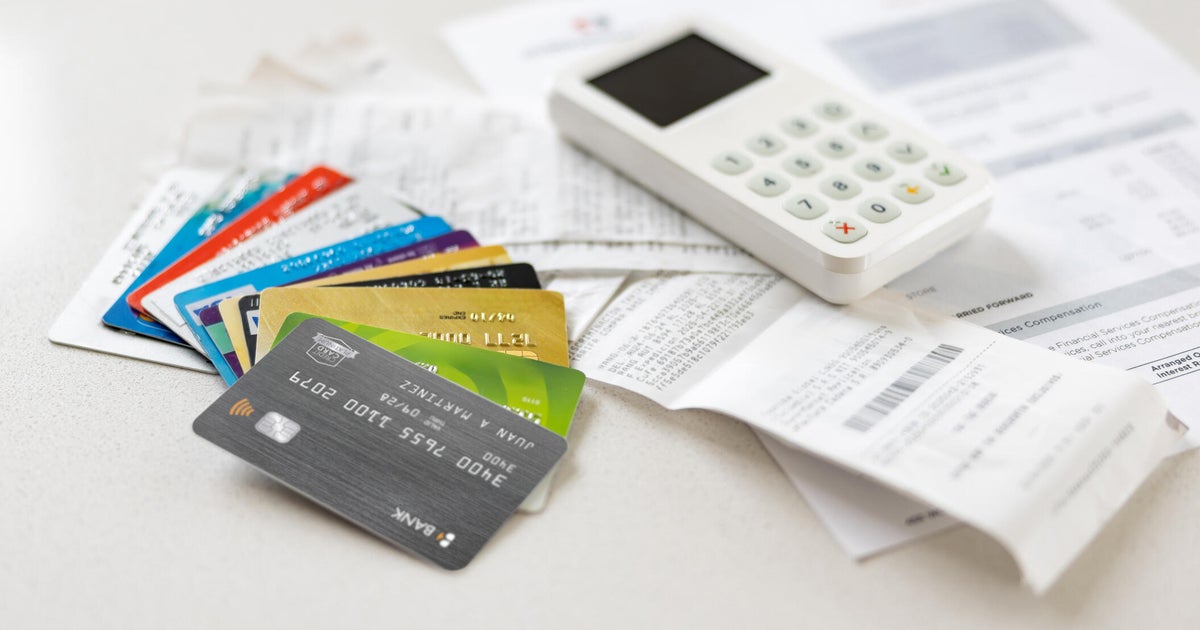

No response returned

Between juggling higher grocery bills, increased rent and utilities costs and elevated gas prices, most people are working hard right now to carefully manage every dollar in their budgets. But with and many Americans living paycheck to paycheck, that can be a tough task to take on, especially if you're simultaneously. When every dollar counts, even the most financially savvy people can find themselves scrambling to meet payment deadlines, and becomes an increasingly common concern.
Late and missing credit card payments can have a hefty impact on your financial health, adding another layer of stress to an already challenging situation. After all, credit card companies operate on a strict timeline, so if you by even one day, you're immediately hit with , right? The credit card industry certainly profits handsomely from these charges, after all, so logic would suggest that the penalty clock starts ticking as quickly as possible.
The reality of might be more nuanced than you'd expect, though. So, do the credit card late charges start to rack up the moment midnight passes on your due date, or is there some built-in leeway that could save you from immediate penalties? That's what we'll analyze below.
.
The short answer to whether credit card issuers offer grace periods is both yes and no — it depends on what you're asking about. Credit cards do offer a grace period, but it's often misunderstood, and if you're , the protection you're hoping for might not apply.
Most credit cards come with a grace period on new purchases, which is the time between the end of your billing cycle and your payment due date. During this window, which is typically 21 to 25 days, you can pay off your balance in full without owing any interest.
What that means is that as long as you pay the entire balance each month, you can keep using your card . But here's the catch: If you carry a balance from one month to the next, the grace period disappears, and interest starts accruing immediately on new purchases.
Now, if you're asking whether there's a grace period for late payments, the story changes. Credit card companies aren't required to give you extra time beyond the due date, and most don't. Once your due date passes, you risk:
However, many credit card issuers provide a small informal window (often just a few days) before they apply a late fee or take further action. This isn't a guaranteed grace period, but if you pay as soon as you realize you've missed your due date, you might avoid the worst consequences.
.
If you find yourself unable to make your credit card payment by the due date, don't just ignore the problem. Taking proactive steps can help minimize the financial impact. Here's what to do if you're at risk of making a late credit card payment:
While many credit card companies do offer informal grace periods for late payments, you shouldn't rely on this flexibility as part of your regular payment strategy. These grace periods are typically brief, unofficial and subject to change based on your payment history and the issuer's policies. The best approach is to treat your credit card due date as firm and build systems to ensure you never miss it. If you do find yourself late on a payment or are struggling to afford your payments, be sure to act quickly to minimize the damage.





